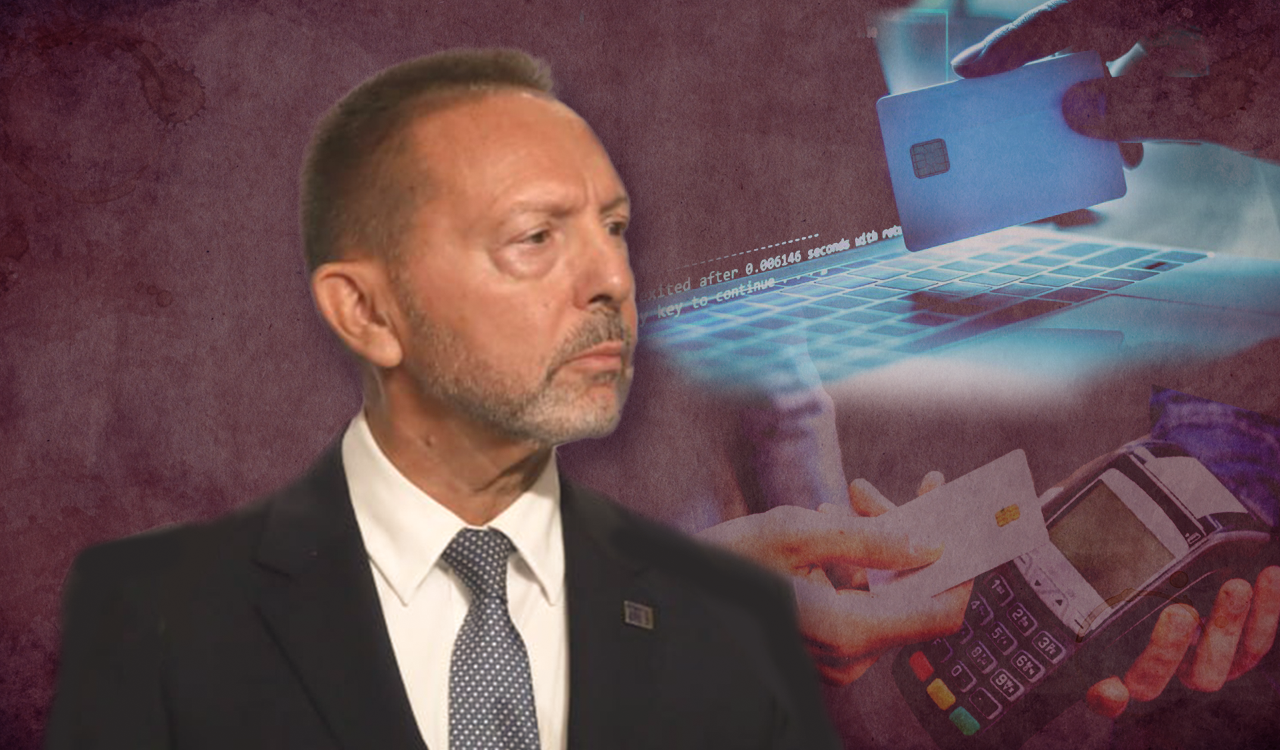
The governor of the Bank of Greece, Yannis Stournaras, tried to put a “brake” on the scenarios for benefits, during an interview he gave at the conference “GREECE AFTER VII: Asymmetries and national agenda”, organized by the Circle of Ideas, raising the issue of review and essentially of tax exemptions. At the same time, he expressed his personal opinion, without having been discussed – as he pointed out – within the ECB, about the need to reduce interest rates from the middle of 2024, if certain conditions are met.
Mr. Stournaras referred to the issue of tax evasion, talking about tax expenditures in the budget. As he meaningfully noted, they should meet the criterion of helping the vulnerable, adding that there should be a review of whether they are actually headed there. At this point, the commander of the CoE emphasized the need for Greece to maintain “cushions”, for many reasons, such as geopolitics.
Let’s look at the costs again…
As he characteristically noted, “not everything is illegally undeclared (including income), I was glad that the Minister of Finance said so recently. Let’s take a look at the so-called tax expenditures in the budget, i.e. those that the government itself gives. Why should it give it away? Let’s evaluate them first. Do they meet the criterion of helping the most vulnerable?”, adding that they should have help but “let’s put it all in one basket, because we will need revenue.
Greece has needs for investments, for public investments. It needs cushions to deal with crises, geopolitical issues, climate”. In fact, he also referred to the very large deficit in the current account balance, typically mentioning that it is the “second largest” of the OECD countries, noting however that “I am not saying that it is dangerous because it is not caused by the public sector”, looking back at the twin deficits of the Greek crisis period in 2010.
Mr. Stournaras said that we must “be a little careful”, as the budget will tighten from 1/1/2024.
The head of the Bank of Greece stated that Greece “returned from the brink and is now an international success story”.
He also pointed out that there are delays in several areas, such as the awarding of Justice. However, he expressed his support for the responsible minister Giorgos Floridis, underlining that “he will succeed”.
He also recommended the continuation of the “orthodox fiscal policy” in order for Greece to double its primary surplus to 2.1% of GDP in 2024.
Interest rates
With reference to the trend of interest rates, Mr. Stournaras related it to the corresponding trend of inflation. He predicted that inflation will rise again for a while, due to technical reasons – as he said – because subsidies will cease to exist. However, he added that it will fall back down the road. Mr Stournaras added: “If in the middle of next year around August, inflation falls below 3% on a permanent basis,” then there may be consideration for a small reduction at first.
The BoG governor had referred to the 10 previous interest rate hikes made at the meetings, which saw the euro’s key interest rate jump from -0.5% to 4%. In fact, the central banker noted that the consequences of this phenomenon “are still in the queue”, reinforcing any concerns about subsequent developments.
The debt snowball effect
Beyond that, Yiannis Stournaras also referred to the “snowball effect” regarding the reduction of the public debt. As he typically said, “We don’t have a problem with debt”, basing it on 3 parameters of the phenomenon:
-The difference between nominal GDP (growth+inflation) and the average debt repayment rate (1.4%) of the State, pointing out that during the crisis this difference was negative
-Achieving primary surpluses
-Privatization revenue
Greek banks
Finally, regarding the banks, he noted that they are adequately capitalized even though 50% of their capital consists of deferred tax and expressed the expectation that other strategic investors (for National Bank and Piraeus Bank) will appear besides Unicredit which has expressed interest in the acquisition of 9% of Alpha Bank. As he characteristically said, he considers this necessary in order for there to be risk sharing. In fact, Mr. Stournaras emphasized the fact that “After the crisis there is still no common European deposit guarantee” to conclude by noting “We have not made progress. The ECB has put crisis management to work.”
Latest News

New Exposé by Domumento Reveals Nefarious Triangular Link of ‘Black Money’ with New Democracy, Blue Skies, & Truth Team
The latest exposé by the Documentonews.gr news site lays bare what appears to be a surreptitious path of indirect financing of ND through the business sector—transactions that, as widely understood, rarely occur without expectations of reciprocal benefit

PM Meloni Meets Vice President Vance in Rome Signalling Optimism on Ukraine Talks
Meloni emphasized the strength and strategic value of the Italy-U.S. partnership.

Airbnb: Greece’s Short-Term Rentals Dip in March Amid Easter Shift
Data from analytics firm AirDNA shows that average occupancy for short-term rentals dropped to 45% in March, down from 49% the same month last year.

Easter Week in Greece: Holy Friday in Orthodoxy Today
At the Vespers service on Friday evening the image of Christ is removed from the Cross and wrapped in a white cloth

Meloni and Trump Meet in Washington, Vow to Strengthen Western Ties
“I am 100% sure there will be no problems reaching a deal on tariffs with the EU—none whatsoever,” Trump stressed.

ECB Cuts Interest Rates by 25 Basis Points in Expected Move
The ECB’s Governing Council opted to lower the deposit facility rate—the benchmark for signaling monetary policy direction—citing an updated assessment of inflation prospects, the dynamics of underlying inflation, and the strength of monetary policy transmission.

Current Account Deficit Fell by €573.2ml Feb. 2025: BoG
The improvement of Greece’s current account was mainly attributed to a more robust balance of goods and, to a lesser extent, an improved primary income account

Hellenic Food Authority Issues Food Safety Tips for Easter
Food safety tips on how to make sure your lamb has been properly inspected and your eggs stay fresh.

Greek Kiwifruit Exports Smash 200,000-Ton Mark, Setting New Record
According to data by the Association of Greek Fruit, Vegetable and Juice Exporters, Incofruit Hellas, between September 1, 2024, and April 17, 2025, kiwifruit exports increased by 14.2%.

Easter Tourism Boom: Greece Sees 18.3% Surge in Hotel Bookings
Among foreign markets, Israel has emerged as the biggest growth driver, with hotel bookings more than doubling—up 178.5% year-on-year.







![Πλημμύρες: Σημειώθηκαν σε επίπεδα ρεκόρ στην Ευρώπη το 2024 [γράφημα]](https://www.ot.gr/wp-content/uploads/2025/04/FLOOD_HUNGRY-90x90.jpg)





![Airbnb: Πτωτικά κινήθηκε η ζήτηση τον Μάρτιο – Τι δείχνουν τα στοιχεία [γράφημα]](https://www.ot.gr/wp-content/uploads/2024/07/airbnb-gba8e58468_1280-1-90x90.jpg)











![Επιχειρήσεις: Με τι επιτόκιο δανείζονται – Πώς θα ξεκλειδώσει περισσότερη ρευστότητα [γράφημα]](https://www.ot.gr/wp-content/uploads/2025/04/daneia-trapezes-768x432-1-600x338.jpg)














 Αριθμός Πιστοποίησης
Αριθμός Πιστοποίησης